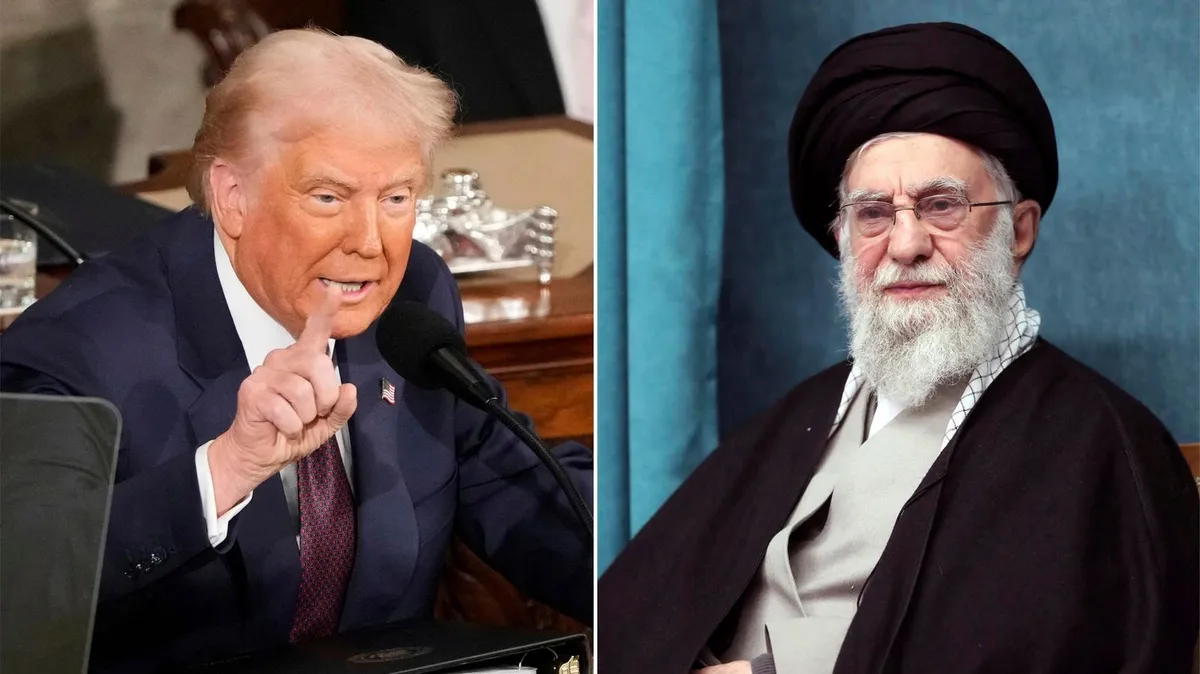
On Monday, Iran's Supreme Leader, Ayatollah Ali Khamenei, appeared to dismiss President Donald Trump’s threats of military action against Iran if the country fails to reach a nuclear agreement. Khamenei issued a warning that any such attack would provoke a “strong” retaliation from Tehran, emphasizing Iran's readiness to defend itself.
In light of the escalating tensions, Forbes is launching text message alerts to keep you updated on the most significant stories shaping the day's headlines. To receive these breaking news alerts, simply text “Alerts” to (201) 335-0739 or sign up through our website.
Earlier this month, President Trump expressed a desire to engage with Iran regarding a potential nuclear deal. In an interview with the Fox Business network, he revealed that he had sent a letter to Iran's leadership, stating, “I said I hope you're going to negotiate, because it's going to be a lot better for Iran.” Trump highlighted the dire consequences of military intervention, noting, “if we have to go in militarily, it’s going to be a terrible thing.”
During a press conference at the White House, Trump expressed optimism about achieving progress soon, remarking, “we're down to the final moments…can't let them have a nuclear weapon.” He reiterated his preference for a peace deal to resolve the ongoing situation but acknowledged that other measures would be taken if necessary.
In response to Trump's overture, Iranian President Masoud Pezeshkian announced on Sunday that Iran has officially rejected the proposal for direct negotiations regarding a nuclear deal. During a televised cabinet meeting, Pezeshkian stated, “We don’t avoid talks; it’s the breach of promises that has caused issues for us so far…They must prove that they can build trust.” However, he clarified that while direct negotiations are off the table, the possibility for indirect negotiations remains open.
Following Pezeshkian’s statements, a spokesperson for the U.S. State Department responded to the Associated Press, reiterating President Trump's firm stance: “The United States cannot allow Iran to acquire a nuclear weapon... The president expressed his willingness to discuss a deal with Iran... If the Iranian regime does not want a deal, the president is clear, he will pursue other options, which will be very bad for Iran.”
For those interested in the latest developments, read more about Trump’s recent comments on his frustrations with world leaders, including his statement that he is “pissed off” at Putin, along with his threats to bomb Iran and impose more tariffs. Stay informed on all aspects of U.S.-Iran relations and the evolving geopolitical landscape.